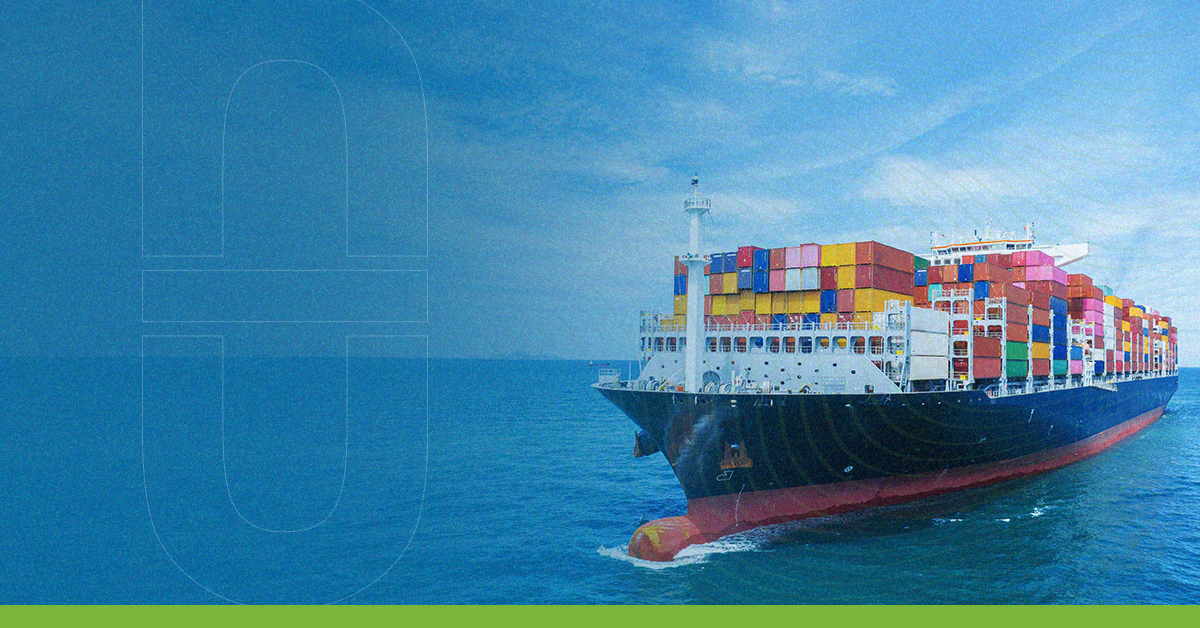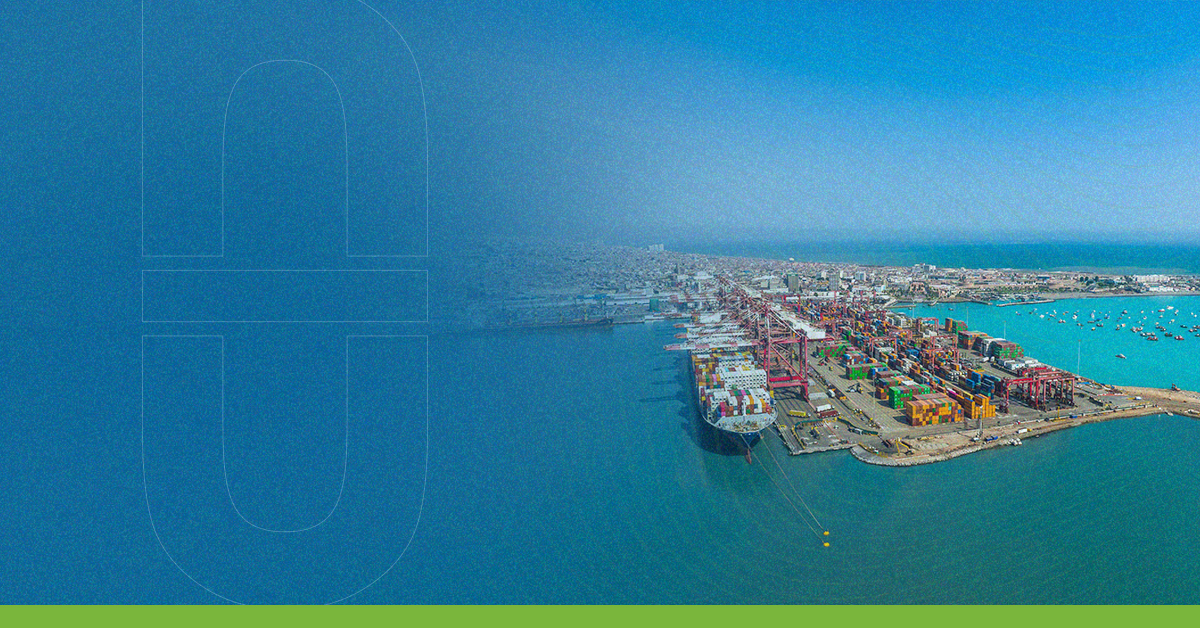Supply chains continue to experience the consequences of the crisis in the Red Sea following the first attacks on cargo ships by the Houthi rebels on some of the world’s largest shipping companies due to the conflict between Israel and Palestine, which is being fought in the Gaza Strip at the time of writing.
Due to the chaotic atmosphere on this important maritime route that is key for international trade and the healthy growth of the logistics industry in general, many of these companies have chosen to preserve the safety of their employees by staying as far away as possible from the area that is threatened by Yemeni armed groups. who in fact have made clear their intentions to continue attacking those ships that sail towards the Suez Canal as a sign of support for the terrorist organization Hamas.
The consequences of the Red Sea crisis on supply chains
The Red Sea crisis and the imminent danger posed by navigating these waters continue to affect supply chains considerably, causing a series of initial consequences such as the increase in tariffs on trade related to products such as coffee, oil and certain textiles that already reflect changes in their prices. On the other hand, high-prestige companies such as Tesla and Volvo have taken the decision to halt their maritime transport operations and production in factories located in Europe until the crisis has a solution that ensures normality, something that at the moment does not seem to be close.
As expected, the paralysis of logistics and production in these factories generates multimillion dollar losses and a much slower delivery of orders to both distributors and the end user.
Other consequences that are already beginning to be felt in supply chains as a result of this crisis are:
- Considerably longer lead times in trade between Asia and Europe due to the Suez Canal being threatened by attacks by Houthi rebels.
- A clear increase in transportation costs due to the fact that ships need to travel alternative routes to reduce the possibility of rebel attacks, not to mention the operational costs in terms of security on board.
- Loss of both direct and indirect jobs related to trade in the Suez Canal due to the drop in the transit of these cargo ships.
- Raw materials that already show a strong shortage that consequently affects warehouses around the world, an example of this being the paralysis of production processes in factories of the giant Michelin in Burgos and Valladolid due to lack of the necessary materials.
Undoubtedly, this situation teaches us that, although supply chains continue to strengthen with each passing year, the need to take out good cargo insurance that adapts to your specific needs as a transport company continues to be one of the smartest decisions you can make for your legacy and the safety of your customers or employees in the face of events like this.
Sources:
¿Los ataques del Mar Rojo denotarán otra disrupción en cadenas de suministro?. CNN Expansión
¿Cómo afecta el conflicto en el Mar Rojo a la cadena de suministro?. Emprendedores




